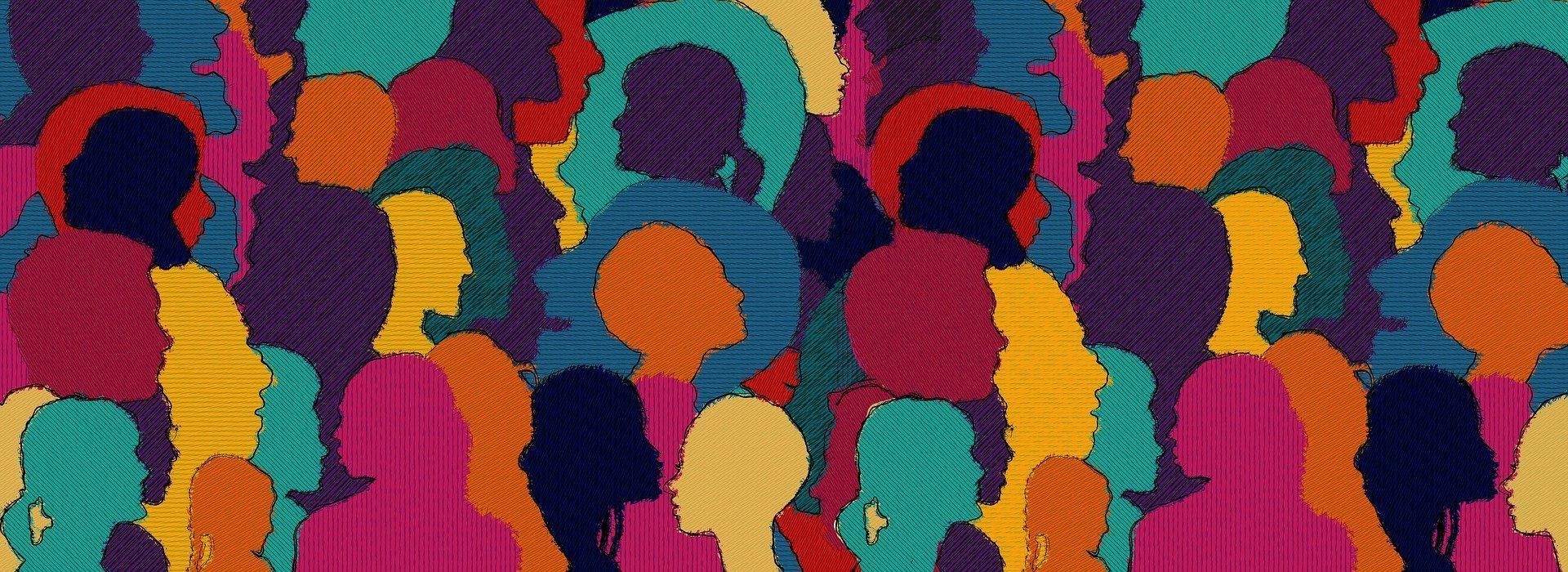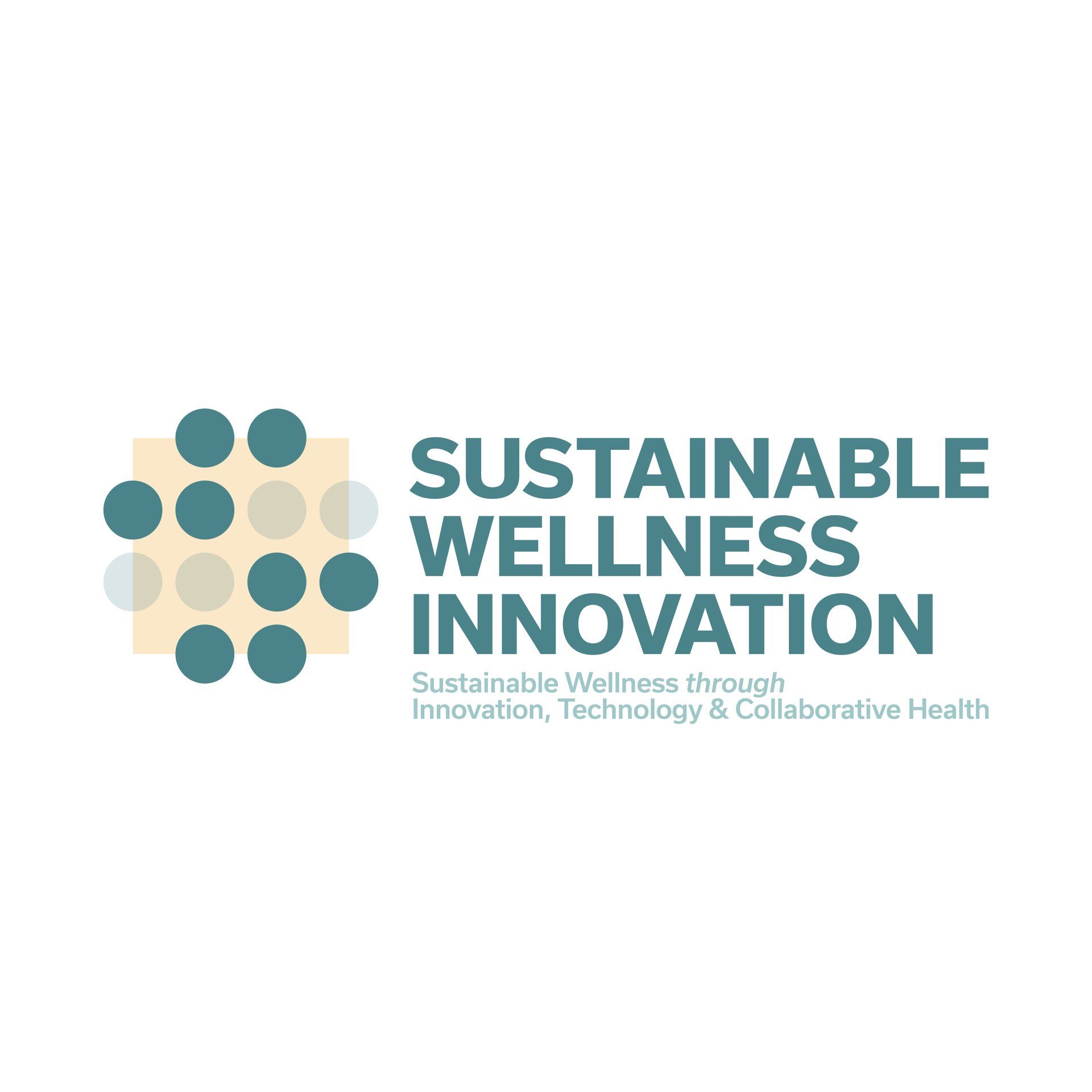This article was originally published at City Tech Collaborative's website,
www.CityTech.org.
Accelerating City Tech’s Racial Equity & Inclusion Work
We love cities for many reasons, but their complexity and diversity keep us interested most of all. City Tech’s mission is to accelerate technology-enabled solutions to make cities happier, healthier, and more productive. “Healthier” and “productive” seem clear, such as providing health data through the
Chicago Health Atlas
or making
construction sites
more efficient; but “happier” is not as obvious of a metric as the others. Cities are more than just buildings and industries; cities are made up of people all from different backgrounds with diverse experiences, and none of us can thrive – reach happiness, healthiness, and productivity – while racial, social, and economic inequity prevent everyone from contributing to and benefitting from a city’s success.
Through our solution development, City Tech reimagines cities as places where technology fuels equitable innovation, inclusion, and engagement. But we want to hold ourselves accountable to this belief.
Bringing together cross-sector partners and taking multiple views into account is our specialty; we include all stakeholders in the process of developing solutions to complex urban problems. Racial equity and inclusion are critical when developing these solutions for cities, but it can be challenging to formally and authentically incorporate in solution development.
To tackle this challenge, City Tech adopted a racial equity and inclusion curriculum for our team, as well as developed a process and tool to strengthen racial equity throughout our work.
COVID-19’s
disproportionate impact
on communities of color coupled with summer 2020’s spotlight on
racial unrest
urged us to accelerate and expand our existing racial equity and inclusion work and implement a formal process. We knew that standard diversity training was not going to be enough; we had to create a structure that helped us understand and evaluate our work. As Ben Hecht, CEO of Living Cities, wrote for the
Harvard Business Review, “It’s clear that the suite of diversity and inclusion tools and practices that went mainstream in the ‘90s are grossly insufficient for racial equity work. Instead of driving fundamental changes in organizations, they largely focus on ‘velcro-ing’ new guidelines, practices, or programs onto the existing structures and culture of the workplace in an attempt to help employees of color better ‘fit in’ and succeed.”
We understand that many organizations may be in a similar situation: wanting to act, but unsure how to move from learning to action. Our goal was to create an actionable and sustainable process to make our work equitable and inclusive, and we hope our experience can provide an example for others.
Understanding Racism
Our team benefits from various backgrounds ranging from city government to urban planning to mental health, but that is not enough to make us experts in racial equity and inclusion. To effectively incorporate racial equity and inclusion into our solution development process, our team first set out to have a comprehensive understanding of the issues and develop a shared language.
Pooling our knowledge, researching examples, and leveraging existing tools, we created an interactive team curriculum to set our baseline understanding of race and racism. We recognize that everyone has different lived experiences and various comfort levels, so we emphasized creating a neutral space to introduce topics, encourage dialogue, and allow room for authentic conversations. Rather than call someone “out” for saying something problematic, we made it a priority to
call others “in”
and promote conversation. These expectations allowed the team to read and openly discuss publications about race as well as develop a more thorough understanding of our country’s history, present-day racism, and racism’s continuing impact. The team’s commitment to learning meant that each person was available, present, and participatory in every conversation.
Creating a Racial Equity Tool
With this baseline set, City Tech began translating this understanding of racial equity and inclusion to using levers – strategic elements of an organization that, when leveraged, build momentum towards a
Race Equity Culture
– that are tailored to be more relevant to our organization’s work and culture. This led to the development of a tool that allows us to review our work through a racial equity and inclusion lens.
Adapted from the
Government Alliance on Race & Equity’s
Racial Equity Toolkit, City Tech’s racial equity tool is comprised of tailored checklists that can be deployed throughout our solution development process; although simple to use, it has deeper impact in that it helps us consider the opportunities, community impact, and accountability to assess that each project is equitable and inclusive. This tool allows us to review our solutions from development to closeout and create a racial equity plan tailored to each solution. The project can be reevaluated at any point as the work progresses or new concerns arise. Following project completion, the tool contains a section to evaluate and communicate the results as well as internal scoring so we can continue to review City Tech’s portfolio and incorporate racial equity and inclusion as a core aspect throughout all of our work.
Taking Action
Incorporation of this training and tool is not a novel concept. We, however, felt it was important to create a structure to move from ideation to understanding to action.
While racial equity and inclusion training took place over four multi-hour sessions attended by the entire team, our work has just begun. Racial equity and inclusion work is more than a training; it is creating a culture that allows our team to ask hard questions, call each other in, and understand that we each go through life with different struggles.
Through our curriculum, we have developed a shared language and understanding of race and racism, as well as evaluated opportunities to improve the equitability and inclusivity of our work. Our process will be critical in keeping us consistent and bring us closer to our mission of making cities happier, healthier, and more productive.
Additional Reading
City Tech staff read a curated list of materials that speak to racial equity and inclusion generally, as well as specific pieces that help narrow on the topic within workplaces and cities, respectively. We recommend the following readings as just the tip of the iceberg:
About the Authors:
Angela E.L. Barnes serves as the General Counsel and Director of Legal Affairs & Growth Initiatives for City Tech Collaborative. She handles all legal matters and provides strategic leadership for the company’s growth. Angela is co-lead development of City Tech’s racial equity and inclusion framework and she is also spearheading City Tech’s Healthy Cities Initiative which will address multidimensional barriers facing communities that struggle to achieve positive health outcomes, ultimately producing and deploying a data analytics tool accessible to community organizations, governments, and other community health stakeholders.
Angela is a passionate advocate for providing services and resources to underserved geographic and demographic communities has extensive. Her non-profit board service includes, current Board Chair for the Center on Halsted, former Board Chair for SGA Youth & Family Services, immediate past Board Chair for Chicago Coalition for the Homeless (current Executive Committee member).
Angela was awarded her Juris Doctor from Columbia University and Bachelor of Arts from Wellesley College. She is a Certified Compliance and Ethics Professional (CCEP) and a member of the Society of Corporate Compliance and Ethics (SCCE).
Meera Raja is the Senior Manager of Solution Design and Program Development at City Tech Collaborative. In this role, Meera works as a member of the City Solutions team to design and execute new programs and services. Meera also leads City Tech's 1,600+ -member Civic User Testing Group (CUTgroup) in Chicago and coordinates expansion of the CUTgroup model to additional cities across North America. Prior to joining the City Tech team, Meera was the Associate Director of Research Innovation at University of Chicago, where she developed strategies to advance nascent and complex research. Meera was previously a consultant for ZS Associates, working on data-driven solutions for the pharmaceutical space. Meera completed her Ph.D. and Postdoc in Chemistry from Northwestern University and received her undergraduate degree in the same field from the University of Illinois in Urbana-Champaign.
Laura Vecchetti Laura Vecchetti is the Communications and Grants Manager at City Tech Collaborative. As a member of the Partnerships and Communications Team, Laura works to connect City Tech with the community. Prior to joining the team, Laura was the Development and Communications Coordinator at Nexus Onarga Academy, a national nonprofit providing specialized mental health services for children, youth, and families, where she helped secure funding for therapeutic programs. In all her roles, Laura enjoys elevating nonprofits’ missions through connection and storytelling. Laura holds a bachelor’s degree in Public Relations from Bradley University.
About City Tech Collaborative (City Tech): City Tech is an urban solutions accelerator that tackles problems too big for any single sector or organization to solve alone. City Tech’s work uses IoT sensing networks, advanced analytics, and urban design to create scalable, market ready solutions. Current initiatives address advanced mobility, healthy cities, connected infrastructure, and emerging growth opportunities. City Tech was born and raised in Chicago, and every city is a potential partner. Visit www.CityTech.org.





